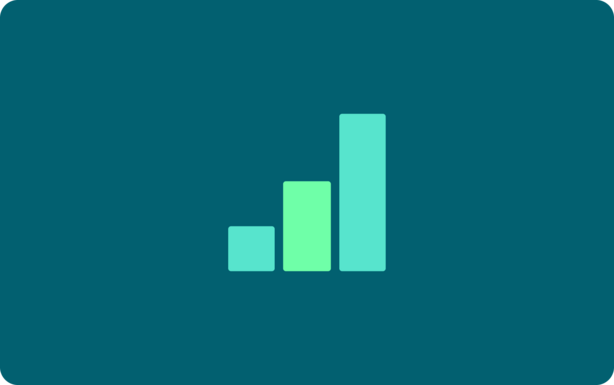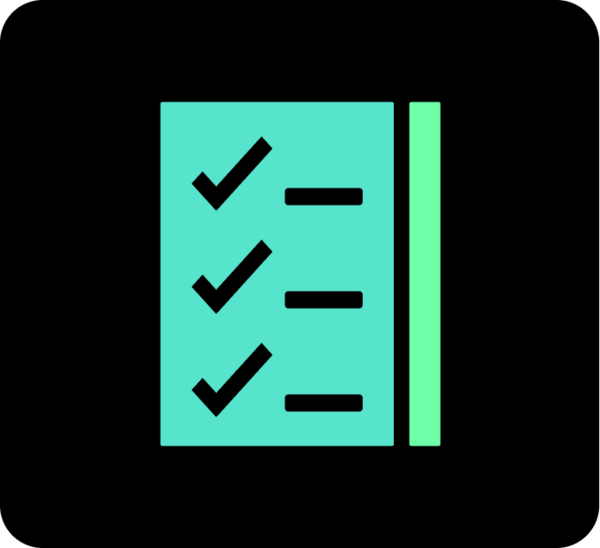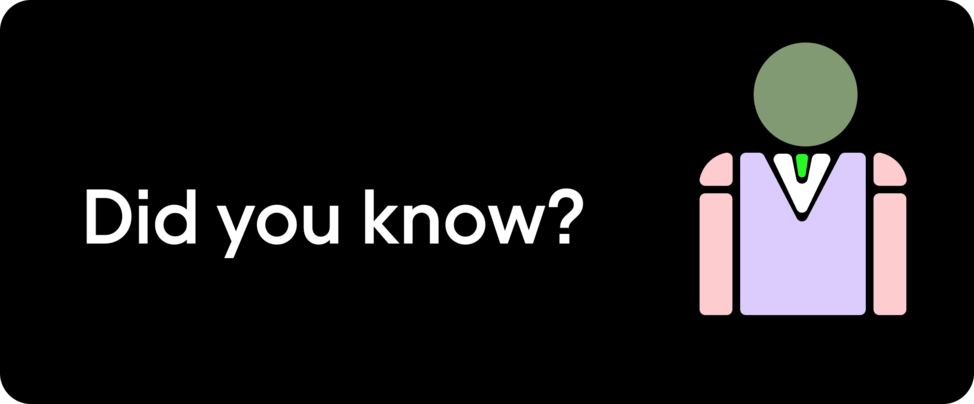Navigating CFD Trading Taxes

Contracts for Difference (CFDs) are a popular financial instrument for trading in the UK, offering an opportunity to speculate on the price movement of various assets without actually owning them. However, while the potential returns can be lucrative, it is crucial to understand the tax implications associated with CFD trading. The tax landscape for CFDs can be complex and varies depending on several factors, including trading frequency and profit magnitude.
For traders and investors, staying compliant with the UK's tax regulations is essential. The HM Revenue and Customs (HMRC) treats CFD trading differently depending on whether it's your primary income source or just a hobby. Understanding these distinctions can save you from hefty fines and ensure you make the most of your trading activities.
By grasping the nuts and bolts of CFD taxation, traders can plan their strategies more effectively. From tax rates to allowable deductions, navigating the UK’s tax regime for CFDs requires a grasp of various elements
How CFDs Are Taxed
CFD trading is typically regarded as a form of gambling by HMRC, making it exempt from Capital Gains Tax (CGT). However, if CFD trading is your primary income source, that income may be subject to Income Tax. It’s essential to clarify your trading status whether trading as a business or hobby to ensure you understand your tax obligations accurately.


Trading Frequency and Taxes
Another vital factor in CFD taxation is the frequency of trades. Regular, high-frequency trading could reclassify your activity from casual speculation to a trade operation, thus subjecting you to Income Tax.
The specifics of how many trades per week or month qualify for this reclassification vary, but it generally hinges on a consistent trading pattern.

The primary tax rate for income derived from professional CFD trading falls between 20% and 45%, depending on your income bracket. Conversely, casual traders typically face no taxation under CGT rules, provided CFD remains a supplementary activity.Essential Tax Rates to Note

For casual traders, any gains from CFD trading are generally not subject to Capital Gains Tax, provided it is not a professional activity. However, if your total gains from all assets exceed the annual exempt amount (currently £6,000 for the 2023/24 tax year), you may still need to report those gains to HMRC.Income and Capital Gains Tax

Distinguishing Professional and Casual Trading
It's essential to differentiate between professional and casual trading activities. Professional traders usually execute high volumes of trades consistently, which the HMRC might classify as trading income. Consequently, this income would be subject to standard income tax rates, requiring thorough record-keeping and reporting.
Casual or part-time traders, on the other hand, might not meet the criteria for this classification and, in many cases, would not bear any tax liability under the CGT exemptions. However, it's critical to be aware of the fine line to avoid unexpected tax bills or penalties.
Reporting and Deductions
Professional CFD traders can typically claim tax deductions on expenses directly related to their trading activities. This could include costs for trading software, internet services, and advisory fees. To maximise your allowable deductions and minimise your tax liability, maintaining precise records of your expenses is crucial.
Meanwhile, casual traders usually do not benefit from these deductions, given their non-professional status. Nonetheless, keeping track of all transactions is advisable to support your tax declarations and ensure you comply with HMRC requirements.

Expert Tips for Traders

Maintain Detailed Records Keep thorough records of all trading activities, including profits, losses, and expenses. This will simplify your tax filings and enhance compliance.

Use Tax Software Utilise tax software or platforms to streamline your tax calculations and ensure accuracy. This will save you time and alleviate stress.

Consult Professionals Regularly consult with expert tax assistants available on the Pie app to stay updated with the latest tax regulations. Their guidance can help you navigate complex tax laws.

Fun Facts
Did you know? CFDs were first used in the early 1990s in London as a way for hedge funds to emulate stock trades without owning the underlying asset.
Practical Tax Management

When managing taxes on CFD trading, the primary goal is to stay compliant with HMRC regulations. Utilise tools to simplify your calculations and reporting. These resources can help you manage multiple datasets, track trading activities, and ensure accurate submissions of tax filings.
Consulting with expert tax assistants is also crucial. Their knowledge and experience can help demystify complex tax codes and regulations, making it easier for you to focus on trading strategies without the stress of potential tax complications.

The tax software simplifies the tax filing process for CFD traders. Its user-friendly interface allows you to input, track, and manage all your trading records seamlessly. By automating most of the calculations, this software ensures accuracy and compliance with HMRC rules, saving you time and effort.Filing with the Tax Software

Utilising professional tax advice is indispensable for active traders. With expert tax assistants available on the Pie app, you gain access to industry-specific guidance tailored to your trading profile. They can assist you with optimising deductions, understanding legal nuances, and preventing potential tax liabilities.Benefits of Using Professional Help
Summary
Understanding the tax implications of CFD trading in the UK is crucial for both casual and professional traders. While casual traders might avoid most tax obligations under CGT exemptions, professional traders must be mindful of Income Tax, permissible deductions, and meticulous record-keeping. The Pie Tax App and expert tax assistants available on the Pie app offer invaluable support to navigate these complexities.
To ensure you remain compliant and optimise your tax situations, leveraging technology and professional advice is recommended. This way, you can focus on refining your trading strategies and achieving better financial outcomes.
Frequently Asked Questions
What makes CFD trading different from traditional stock trading?
CFD trading involves speculating on price movements without owning the underlying asset, while traditional stock trading requires actual ownership.
Are all CFD trading profits tax-exempt?
No, only casual traders' profits might be tax-exempt. Professional traders' gains are subject to Income Tax.
Can I claim deductions on trading expenses?
Yes, professional CFD traders can claim deductions on expenses directly linked to their trading activity.
Do I need to report every trade to HMRC?
Professional traders should report all trades for accurate tax assessment. Casual traders should also keep detailed records for support.
How can the Pie Tax App assist with CFD taxes?
The Pie Tax App offers tools for automated tax calculations, record-keeping, and expert tax advice to ensure compliance and optimal tax filing.











